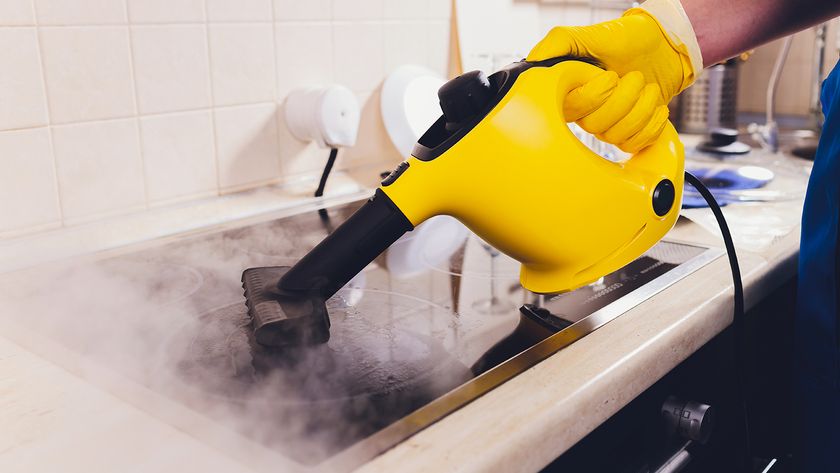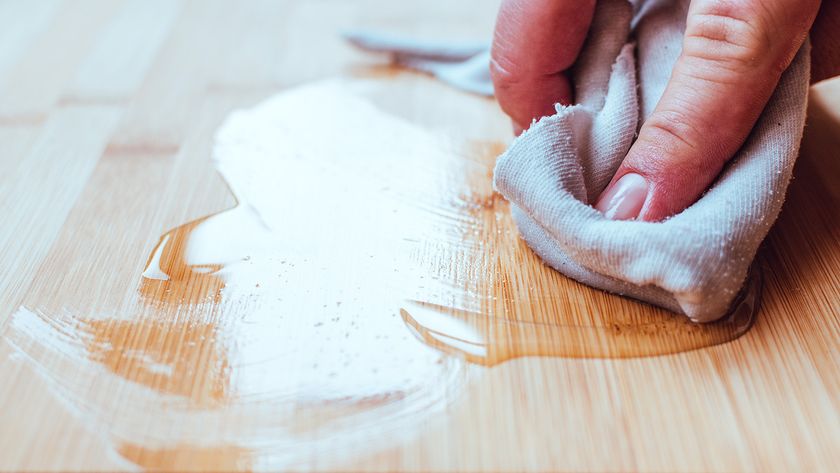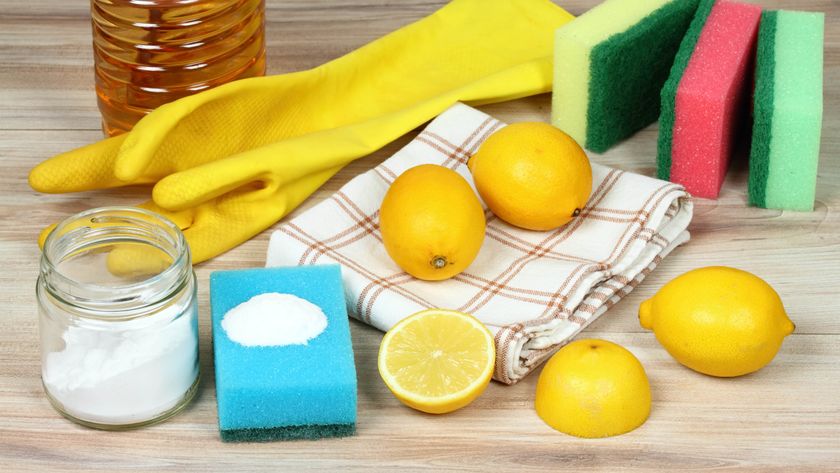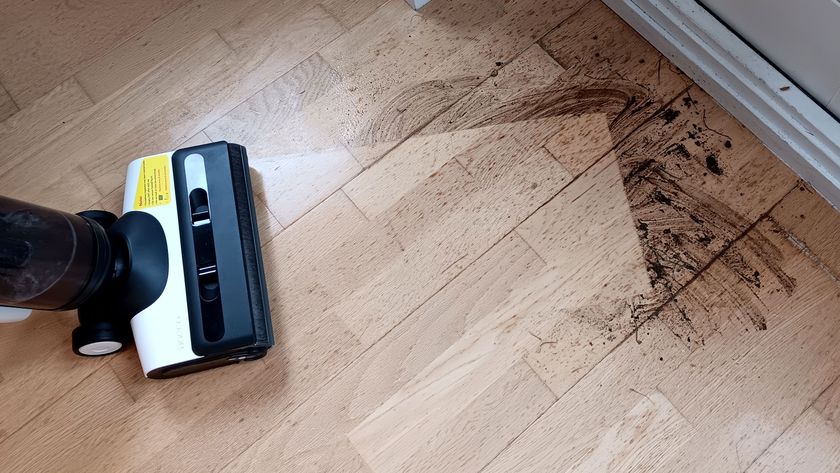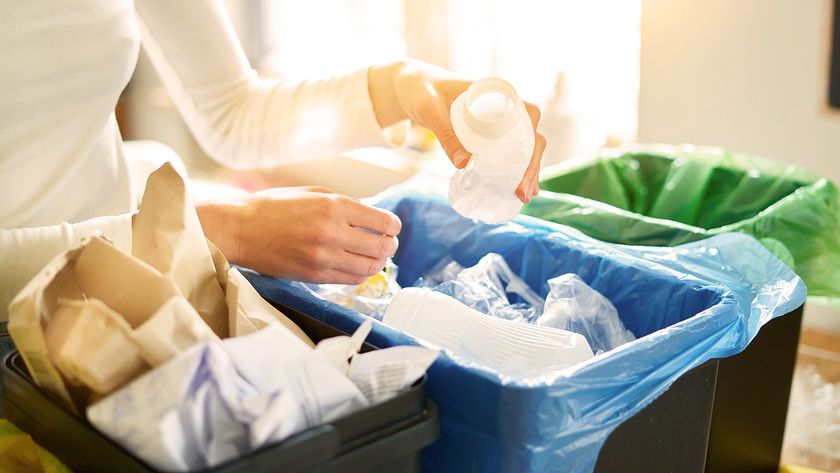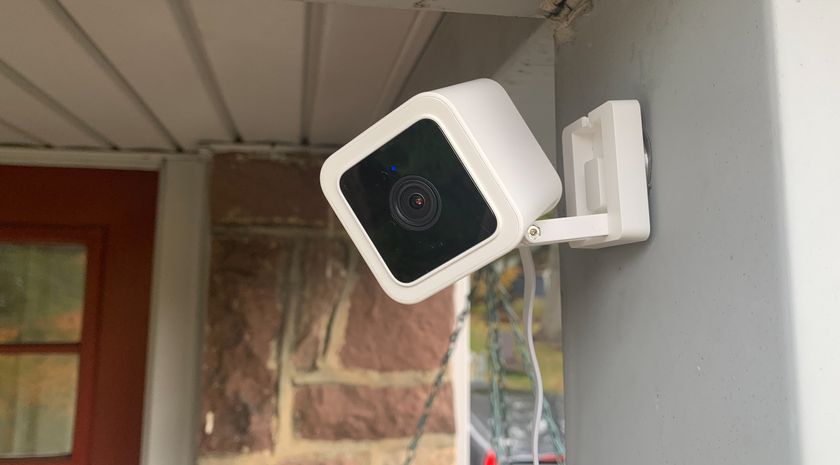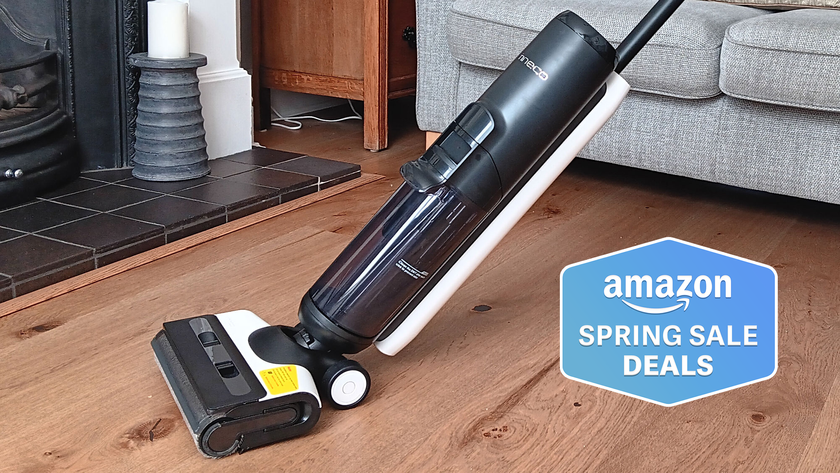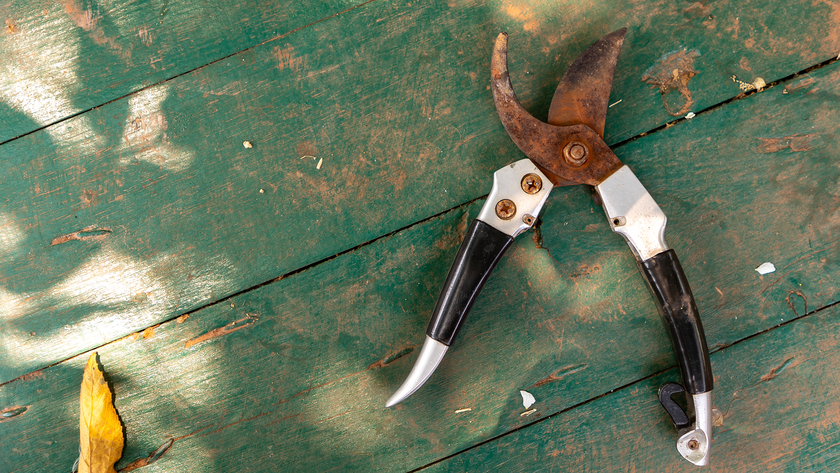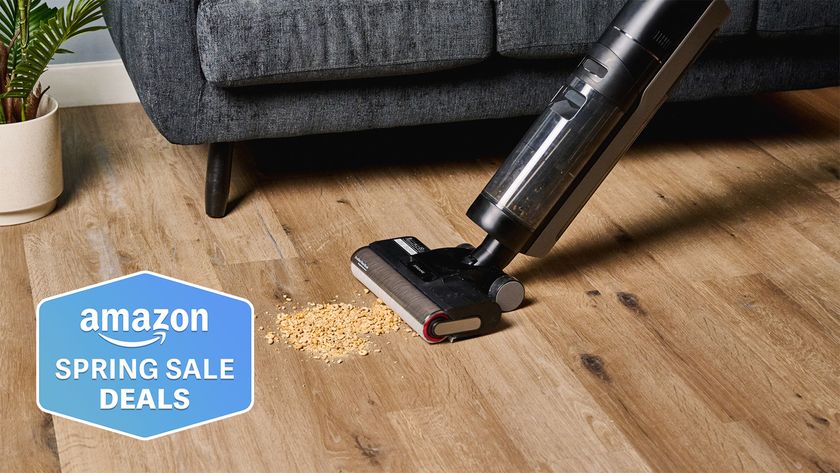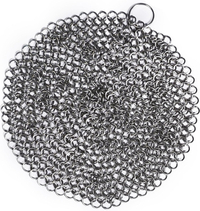7 things you should never clean with dish soap — you’ll be surprised
Don’t make the mistake of cleaning these things with dish soap
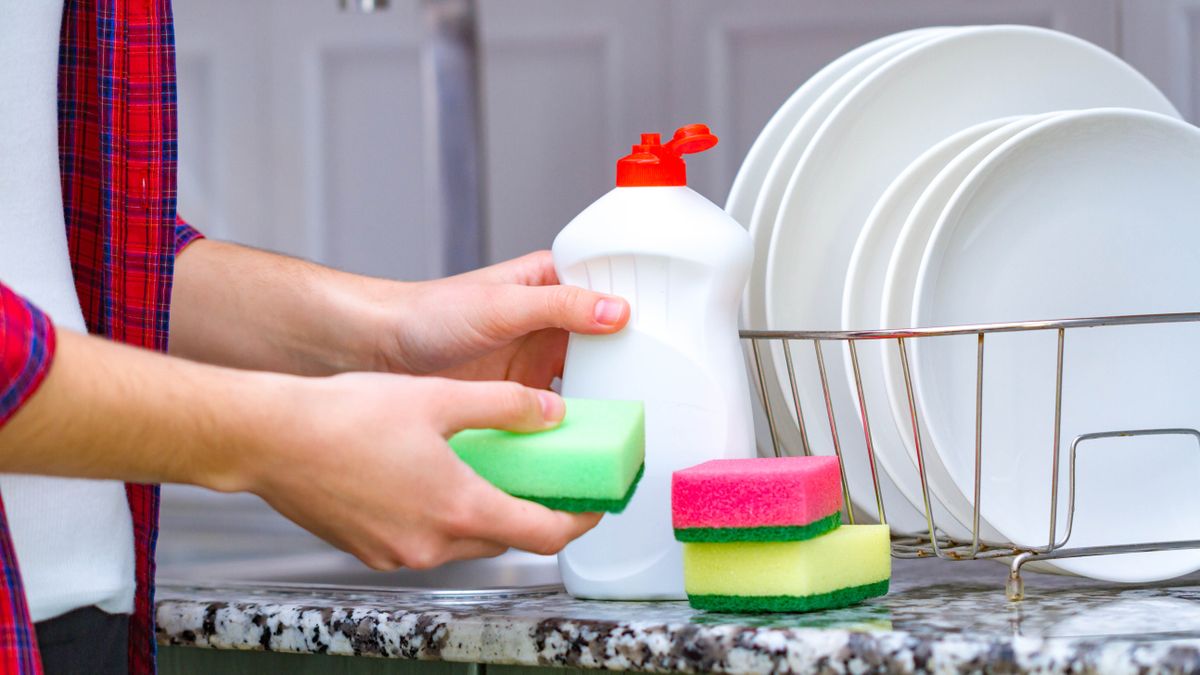
When it comes to our cleaning essentials, dish soap is the staple found in every home. Not only is it used for washing plates and tableware, but it's also ideal for removing oil stains from clothes, cleaning bathtub marks, and degreasing kitchen cabinets.
However, despite its versatility, there are some things you should never clean with dish soap. In fact, if you do clean these common household items with dish soap, you could end up causing some serious damage.
So, if you want to avoid potential damage (or expensive replacements), here are 7 things you should never clean with dish soap around the home, and why.
1. Wooden surfaces or flooring
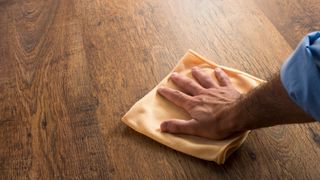
Whether you want to wipe down wooden tables, cabinets, or clean hardwood floors, you should never use dish soap. Treated wood is often coated with a protective, glossy finish or natural oils, which would be stripped away with the soap — leaving them open to damage. Similarly, if used to clean untreated surfaces, the wood will absorb the liquid, leaving behind unsightly stains or wood damage.
Although experts say it’s fine to spot clean grime off wood surfaces, it’s always recommended to use a designated wood cleaner or polish, like this Pledge Expert Care Wood Polish Spray ($5, Amazon), to also lift fingerprints.
2. Cast iron skillet
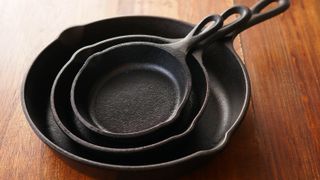
If you have one of the best iron skillets, you’ll want to make sure it’s clean and well-maintained. However, this is one specific cookware that should never be washed with dish-soap.
If you do, this will reverse the results of seasoning a cast iron skillet, and will essentially strip it all away. The best way to clean cast iron is by soaking it in hot water before adding coarse kosher salt and gently scrubbing away remaining bits of food with a sponge or stiff brush. Alternatively, we recently tested this $15 chainmail scrubber, and our editor loves it for cleaning her cast iron pans.
Sign up to get the BEST of Tom's Guide direct to your inbox.
Get instant access to breaking news, the hottest reviews, great deals and helpful tips.
Mythrojan Cast Iron Chainmail Scrubber: $14.99 @ Amazon
The Mythrojan Cast Iron Chainmail Scrubber uses rust-free stainless steel, meaning you'll never have to replace it. It's ideal for cleaning skillets without scratching their coating, and is easy to store thanks to its keychain-style hanging ring.
3. Matte-painted walls
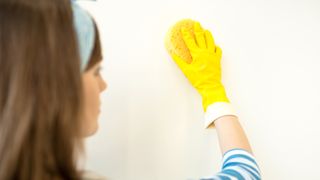
Over time, painted walls can be subjected to various stains including drink splashes, grease and dirt. Plus, if you have young children, pencil or crayon marks on the walls can also play havoc!
And while you can use a diluted soap solution to clean painted walls to remove stains, experts warn against using dish soap — especially on matte-painted surfaces. Such surfaces can’t cope well after being cleaned with soap, which could either leave behind a streaky residue or ruin the finish altogether.
If you do want to get rid of unsightly stains or marks, simply spot clean with a damp, microfiber cloth (white) on flat painted surfaces.
4. Silk items

Whether it’s a favorite scarf or bed linen, silk items can be difficult to clean at the best of times. But if you spot an unsightly stain, don’t be tempted to get out the dish soap!
Silk is a delicate fabric, made from two types of protein (fibroin and sericin). Once you use a lot of dish soap to clean the surface, this could break down the silk, degrading it over time.
Before washing, it’s always best to read the care instructions on the item first, and use a mild, non-biological detergent designed for delicate fabrics. Alternatively, you can place them inside a laundry mesh bag before machine-washing on the gentle/delicate cycle.
5. Coffee maker

Considering how much we use our appliances, this might sound surprising. However, although we can wash the removable compartments inside, experts warn against cleaning/or descaling coffee makers or espresso machines with dish soap.
Not only will this create suds in your machine, potentially causing damage, but will leave a soapy taste in your next cup of Joe, which won't impress your guests and could be a real waste of beans!
For top tips, check out how to clean a coffee maker, how to clean a Keurig coffee maker, or how to descale a Nespresso machine.
6. Leather

Be it cleaning a leather couch, or other leather items, avoid using dish soap. Again, leather is an organic material that has natural oils, and dish soap can either strip away the oils, or leave a soapy residue. As a result, this will make it lose its natural shine, making it look chalky and lackluster.
There are a couple of ways to clean leather without damaging it. You can create a mixture of 50/50 distilled water and white vinegar in a bowl. Dip a sponge or cloth into the cleaning solution before cleaning thoroughly. Then, rinse the sponge and wipe the item again to remove any remaining soap residue.
You can also buy a dedicated leather cleaner such as Weiman Leather Cleaner and Conditioner ($22, Amazon), to keep it in top condition.
7. Your dishwasher

You might want to keep your dishwasher fresh, but don’t be tempted to clean it with dish soap. This is especially the case if you decide to swap out your dishwasher tablet for dish soap in the dispenser. Adding a few drops to the dishwasher may cause an explosion of suds — which will then create even more cleaning.
If you want to deep clean your dishwasher, you can use a designated dishwasher cleaner to ensure it’s germ-free and odourless. Alternatively, you can easily learn how to clean a dishwasher, with just a few household ingredients such as baking soda and white vinegar.
More from Tom's Guide

As the Homes Content Editor, Cynthia Lawrence covers all things homes, interior decorating, and garden-related. She has a wealth of editorial experience testing the latest, ‘must-have’ home appliances, writing buying guides and the handy ‘how to’ features.
Her work has been published in various titles including, T3, Top Ten Reviews, Ideal Home, Real Homes, Livingetc. and House Beautiful, amongst many.
With a rather unhealthy obsession for all things homes and interiors, she also has an interior design blog for style inspiration and savvy storage solutions (get rid of that clutter!). When she’s not testing cool products, she’ll be searching online for more decor ideas to spruce up her family home or looking for a great bargain!
